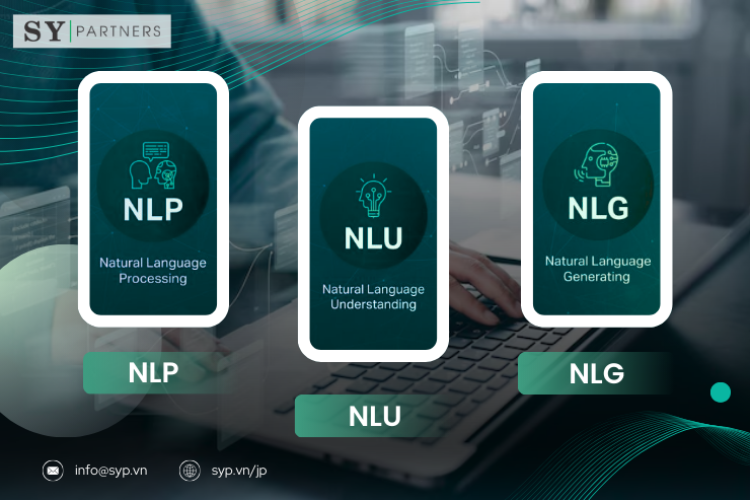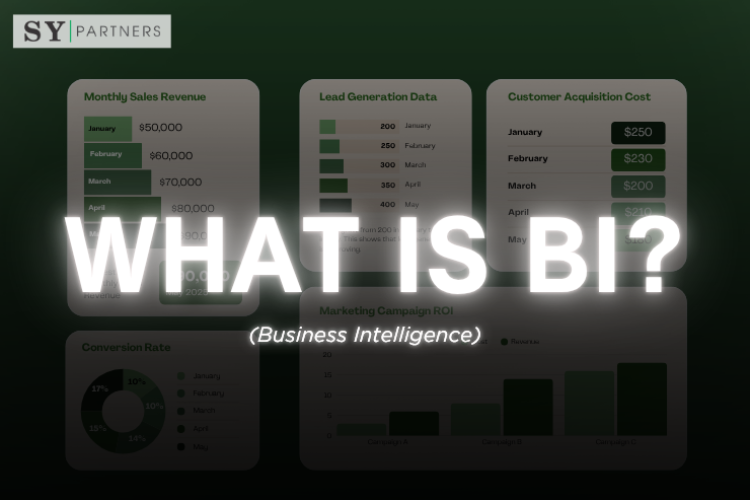Blockchain Technology: Revolutionizing Intellectual Property Protection
Blockchain technology, a decentralized and immutable ledger system, is rapidly transforming various industries, including intellectual property (IP) protection. By providing a secure and transparent platform for recording and verifying transactions, blockchain offers innovative solutions to combat IP infringement, establish proof of ownership, and streamline licensing processes.
In this article, we will delve into the core concepts of blockchain technology and explore its applications in the realm of IP protection.
1. Understanding Blockchain Technology
Blockchain technology is a distributed ledger system that enables the secure and transparent recording of transactions across multiple computers or nodes. Unlike traditional centralized databases, blockchain operates on a decentralized network, ensuring that no single entity has control over the entire system.
The key components of blockchain include:
- Blocks: Information is grouped into blocks, each containing a set of transactions or data.
- Cryptography: Transactions are encrypted using cryptographic algorithms, ensuring data integrity and security.
- Decentralization: The blockchain network operates on multiple nodes, ensuring a distributed and consensus-driven approach.
- Consensus Mechanisms: Consensus algorithms, such as Proof of Work (PoW) or Proof of Stake (PoS), are employed to validate and verify transactions.
- Immutability: Once a block is added to the blockchain, it becomes nearly impossible to alter or delete the recorded data, ensuring the integrity of the ledger.
2. Blockchain Applications in IP Protection
2.1 Immutable Proof of Ownership
One of the fundamental challenges in IP protection is establishing proof of ownership. Blockchain technology enables the creation of tamper-proof and timestamped records, providing an immutable ledger of ownership history. By recording IP-related transactions, such as copyright registrations, patents, and trademarks, on the blockchain, creators can establish an indisputable chain of ownership.
This feature not only simplifies the process of proving ownership but also acts as a powerful deterrent against IP infringement.
2.2 Smart Contracts for Licensing and Royalty Management
Smart contracts, programmable agreements that execute automatically when predefined conditions are met, can revolutionize IP licensing and royalty management. With blockchain-enabled smart contracts, creators can automate the process of granting licenses, tracking usage, and receiving royalties.
This eliminates intermediaries, reduces administrative costs, and ensures that all parties involved receive fair compensation based on predefined terms and conditions. Additionally, smart contracts can enforce usage restrictions, preventing unauthorized use of IP assets.
2.3 Enhanced Transparency and Traceability
Blockchain's transparent and decentralized nature can significantly improve the transparency and traceability of IP-related transactions. Every transaction recorded on the blockchain creates an auditable trail, allowing creators to track the usage, distribution, and licensing of their IP assets.
This transparency not only discourages infringement but also facilitates the detection and enforcement of IP violations. Moreover, stakeholders can gain real-time insights into the market value and demand for specific IP assets, aiding strategic decision-making and valuation processes.
2.4 Copyright Protection and Digital Rights Management
Blockchain technology can play a crucial role in combating copyright infringement and managing digital rights. By utilizing blockchain, creators can create unique digital tokens or "non-fungible tokens" (NFTs) to represent their copyrighted works.
These NFTs can be securely stored on the blockchain, providing proof of authenticity and ownership. Blockchain-based platforms can also enable secure and transparent distribution channels, ensuring that creators receive fair compensation for the use of their digital content.
2.5 Global Collaboration and Licensing
Blockchain technology has the potential to streamline the process of global collaboration and licensing in the IP domain. With blockchain, creators can establish decentralized marketplaces where they can securely license their IP assets to interested parties around the world.
Blockchain's smart contracts can automate licensing agreements, royalty payments, and usage restrictions, simplifying cross-border transactions and reducing legal complexities. This opens up new opportunities for creators to monetize their IP assets and expand their reach in a global marketplace.
Conclusion
Blockchain technology holds immense promise for revolutionizing the way intellectual property is protected, managed, and monetized. By leveraging blockchain's unique features such as immutability, transparency, and smart contracts, creators can establish robust systems that protect their IP rights, simplify licensing processes, and ensure fair compensation.
While blockchain is not a panacea, it has the potential to address many of the challenges faced in the realm of IP, empowering creators and fostering innovation in a rapidly evolving digital landscape. As blockchain technology continues to mature, it is likely to play an increasingly pivotal role in the future of intellectual property protection.


 EN
EN JP
JP KR
KR





